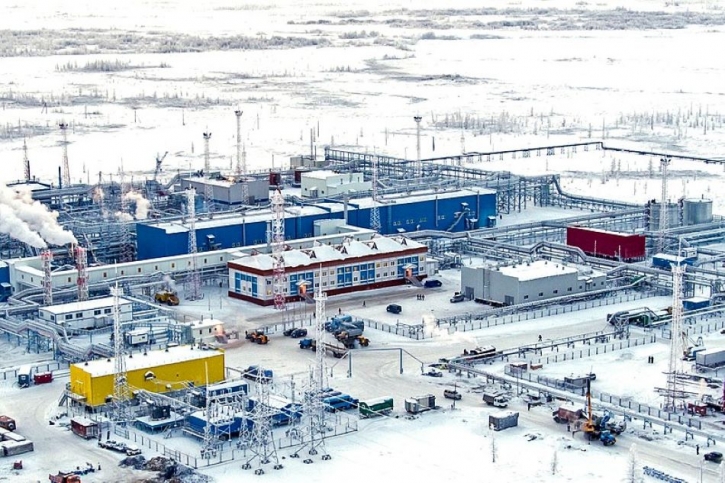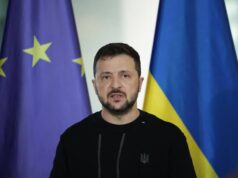Several buyers of Russian gas agree to make payments in rubles

Several buyers of Russian gas have already agreed to maje payments in rubles. Now Russia is waiting for a decision from other importers, Russian Deputy Prime Minister Alexander Novak wrote in his article for the Energy Policy magazine.
The Deputy Prime Minister stressed that payments for gas are transferred into rubles because Russia wants to secure a 100% guarantee of payment.
“I would like to emphasize that the transfer of payments for gas into the national currency on the Russian side is logical and caused by objective reasons – the desire to receive payment for the delivered goods with a 100% guarantee. Such confidence in Russia is given by the payment pattern we proposed, in contrast to the one that has been in force until recently,” Novak noted.
He recalled that the EU plans to compensate the refusal of Russian energy sources by diversifying gas supplies, accelerating the transition to renewable types of gas, replacing gas in heating systems with other types of fuel and generating electricity from other sources.
“All these measures, according to the European Commission, will reduce the demand for Russian gas by two-thirds (67%) by the end of this year. They also plan to achieve energy independence by increasing the share of renewable energy sources. However, in March they noted the decline in wind generation,” Novak stressed.
Instead of Russia, American LNG producers claim to be the leading gas suppliers to Europe, who intend to take a significant share of the European market, he said.
“But there are a number of important nuances. The lack of the necessary infrastructure for receiving LNG will not allow increasing supplies quickly,” the Deputy Prime Minister concluded.
Vice Chancellor of Germany, Federal Minister for Economic Affairs and Climate Action Robert Habeck also spoke against introducing an immediate embargo on gas supplies from Russia in an interview published on Saturday.
“An immediate embargo on [Russian natural] gas would threaten social peace in Germany,” he said in an interview with Funke Mediengruppe. “Therefore, we need to act with caution, to prepare our moves thoroughly and to stick to our plans, if we want to harm [Russian President Vladimir] Putin.”
“We are working actively to become independent on fossil fuels from Russia,” the minister said, adding that the German government “made very good progress” in reducing its dependence on supplies of Russian gas and coal.
“As far as gas is concerned, active construction of terminals to receive liquefied natural gas [LNG] is under way,” he continued.
Speaking about Germany’s ability to produce gas on its own, Habeck said that the North German Plain has vast deposits of shale gas, but it can be extracted only with the help of the hydraulic fracturing technology, also called fracking.
“It will be hard from the point of view of water legislation, as it may entail negative consequences for our nature. For the time being, there have been no companies willing to do that,” the minister said.
In his opinion, issuing licenses and building production would take years.
The vice chancellor added that Germany’s own gas deposits, where the fuel can be extracted by traditional technologies “are largely exhausted.”
Earlier, Habeck announced a contingency plan in case Russia stops its gas supplies to Germany.




